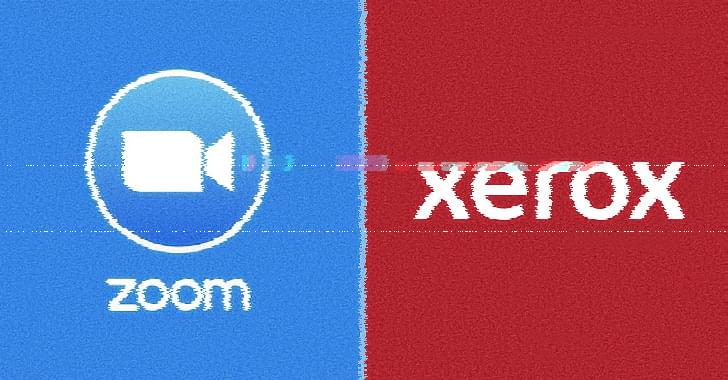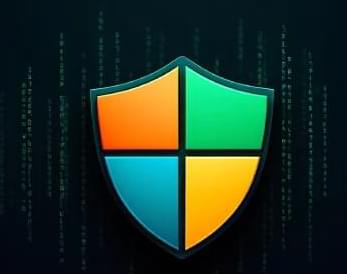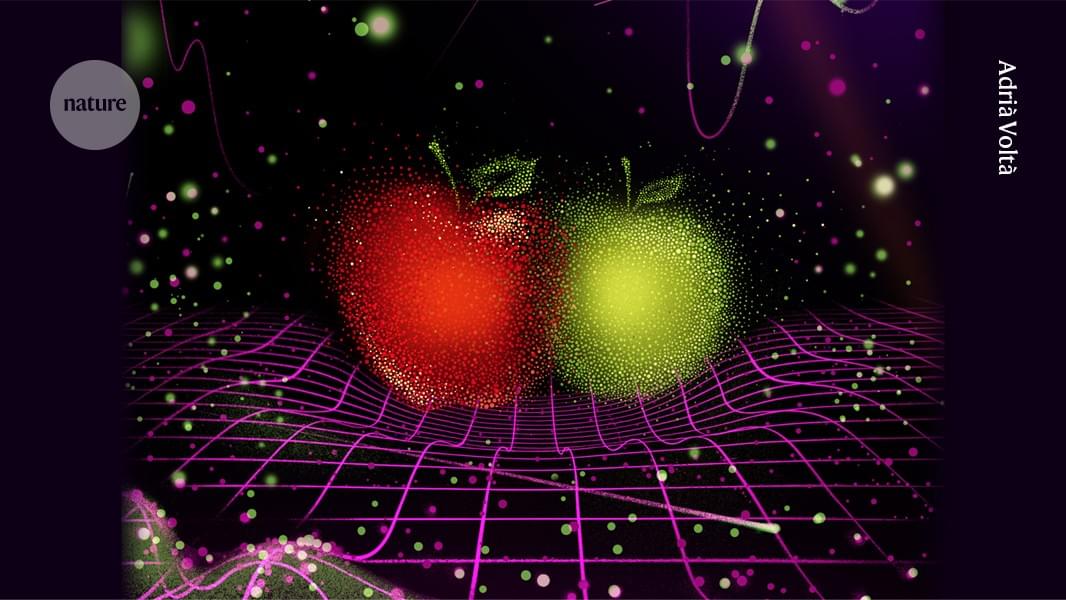“How quantum mechanics and gravity fit together is one of the most important outstanding problems in physics,” says Kathryn Zurek, a theoretical physicist at the California Institute of Technology (Caltech) in Pasadena.
Generations of researchers have tried to create a quantum theory of gravity, and their work has produced sophisticated mathematical constructs, such as string theory. But experimental physicists haven’t found concrete evidence for any of these, and they’re not even sure what such evidence could look like.
Now there is a sense that insights could be around the corner. In the past decade, many researchers have become more optimistic that there are ways to test the true nature of gravity in the laboratory. Scientists have proposed experiments to do this, and are pushing the precision of techniques to make them possible. “There’s been a huge rise in both experimental capability and our theoretical understanding of what we actually learn from such experiments,” says Markus Aspelmeyer, an experimental physicist at the University of Vienna and a pioneer of this work.









